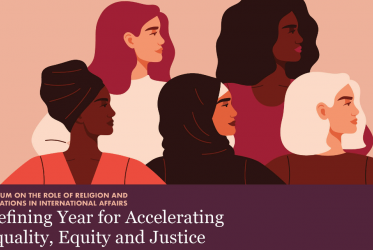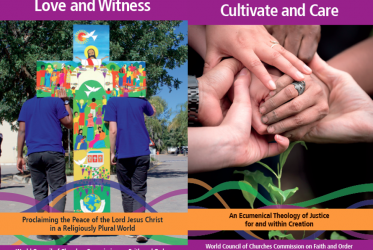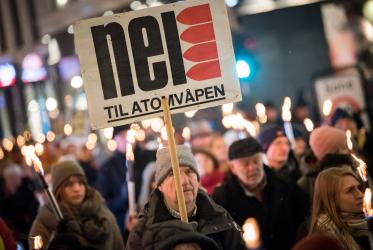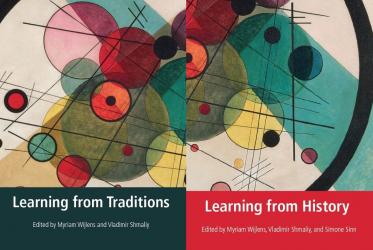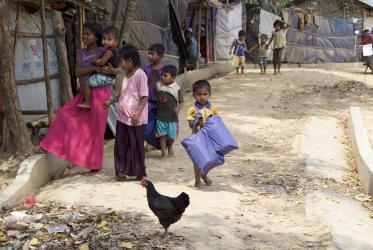Displaying 121 - 140 of 557
Love and Witness
Proclaiming the Peace of the Lord Jesus Christ in a Religiously Plural World
18 January 2021
“From faith to action” conference will explore ways to protect children’s rights affected by migration
10 - 11 December 2020
Online
As olive harvest draws to a close, who is helping the farmers?
08 December 2020
WCC stands behind “Statement on Faith in Action for Children”
26 November 2020
Fr Jamal Khader: “We need to keep hope alive” in Palestine
25 November 2020


